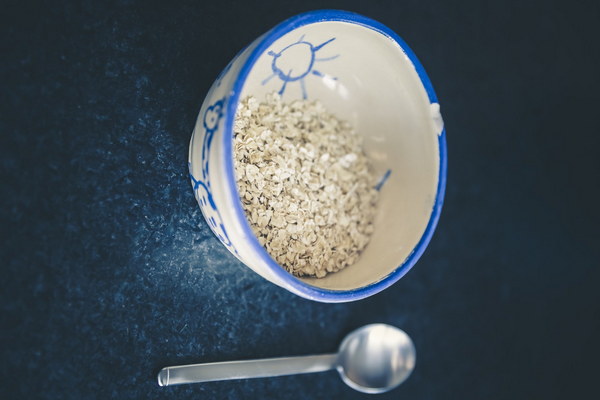Samento A LiverProtective Herb or a Potential Liver Toxin Unveiling the Truth
Samento, also known as Uncaria tomentosa, has been a popular herbal remedy in traditional medicine for centuries. It has been traditionally used to treat various ailments, including arthritis, diabetes, and even cancer. However, there has been a long-standing debate regarding its impact on the liver: Is samento a liver protector or a potential liver toxin? In this article, we will explore the available evidence to shed light on this topic.
The liver is an essential organ responsible for filtering toxins from the bloodstream, producing bile, and metabolizing nutrients. As such, it plays a crucial role in maintaining overall health. When it comes to samento, some believe that it can help protect the liver, while others argue that it may pose a risk to liver health.
On the one hand, samento is thought to have liver-protective properties. It contains a compound called harpagoside, which has been shown to have anti-inflammatory effects. Chronic inflammation can lead to liver damage, so it's reasonable to believe that samento's anti-inflammatory properties may help protect the liver. Moreover, some studies have suggested that samento may have a positive impact on liver enzymes, which are markers of liver function.
On the other hand, there is evidence suggesting that samento may pose a risk to liver health. One of the concerns is that samento can cause liver toxicity, particularly when taken in high doses or for an extended period. This is due to the presence of certain alkaloids in samento, which can be harmful to the liver. In some cases, liver toxicity caused by samento has led to acute hepatitis and liver failure.

To determine whether samento is a liver protector or a potential liver toxin, it is essential to consider the following factors:
1. Dosage: Studies have shown that low to moderate doses of samento are generally safe for the liver. However, high doses may increase the risk of liver toxicity.
2. Duration of use: Short-term use of samento is typically considered safe. However, prolonged use may increase the risk of liver damage.
3. Individual susceptibility: Some individuals may be more susceptible to liver toxicity than others. Factors such as age, genetics, and pre-existing liver conditions can contribute to this susceptibility.
4. Quality of the product: The quality of the samento product can also play a role in determining its impact on the liver. Products with high levels of alkaloids may be more likely to cause liver damage.
In conclusion, the impact of samento on the liver is complex and depends on various factors. While samento may have liver-protective properties, it also poses a potential risk of liver toxicity. To minimize the risk, it is essential to use samento under the guidance of a healthcare professional, adhere to recommended dosages, and avoid prolonged use.
In summary, samento remains a controversial herb when it comes to its impact on the liver. While some studies suggest it may have liver-protective properties, others indicate a potential risk of liver toxicity. As with any herbal remedy, it is crucial to approach samento with caution and consult with a healthcare provider before incorporating it into your health regimen. By doing so, you can ensure that you are maximizing the potential benefits while minimizing the risks to your liver health.









